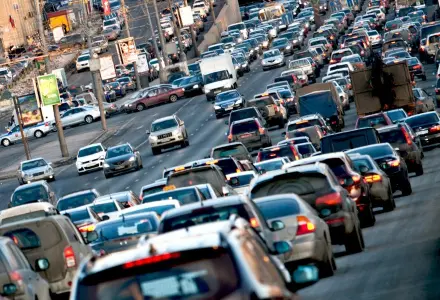By 2040, all transport in cities will be automated
- CatCar
- By 2040, all transport in cities will be automated

According to reports from a major consulting company, PwC, artificial intelligence will greatly change life in the world over the next two decades. Among the analyzed industries, the transport industry showed dramatic changes for the better. By 2040, urban transport will become autonomous, and 26% of all cars produced will be driverless. Artificial intelligence will be able to not only change the means of transportation, but also make them more efficient.
Cars controlled by AI operate only when necessary and in the most rational way. It is easier to monitor the robotic transport system, and this will subsequently reduce the overall crime rate. It will be controlled at a certain level by the same AI, in other words, robots control robots. The global coordinating transport module will adjust the work of local segments, distributing routes in accordance with the workload and demand for each area. According to PwC forecasts, 22 years is enough time for all transport automation technologies to work seamlessly and form a single ecosystem. Today, there are many separate effective automation solutions, but they are still far from the level of centralized safe management. In addition to the technical aspect affecting the development of transport, there is another, no less important - legal. The development of technologies to a certain extent affects people's lives, sometimes there is a need to describe the rights and restrictions on the use of technology. To look far for an example, it is enough to follow the situation in the world with drones. For example, the UK government is already preparing a bill to restrict the movement of drones over certain objects; they are also preparing to equip the police with tools to turn off law-breaking quadcopters. PwC believes that the time until 2040 is enough to develop certain technologies and create a complete legal framework. The transition to unmanned transport in the world will be uneven: starting with developed post-industrial countries, then in the capitals and large cities of developing countries. Experts believe that the widespread introduction of artificial intelligence is an inevitable and irreversible stage in the development of humanity. Sooner or later, machines will take over most of the routine and managerial work, and by that time we will need to decide where to put our free time and energy.

